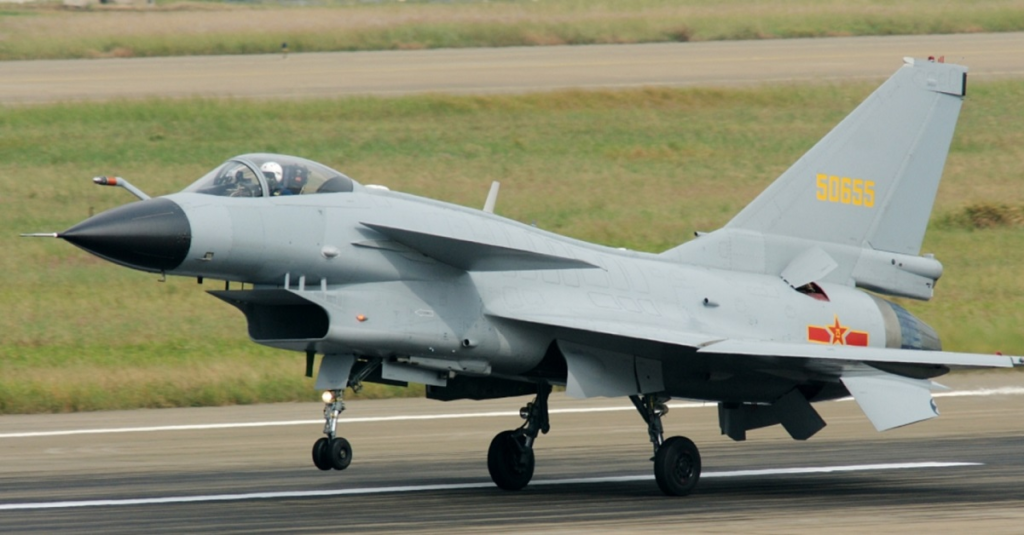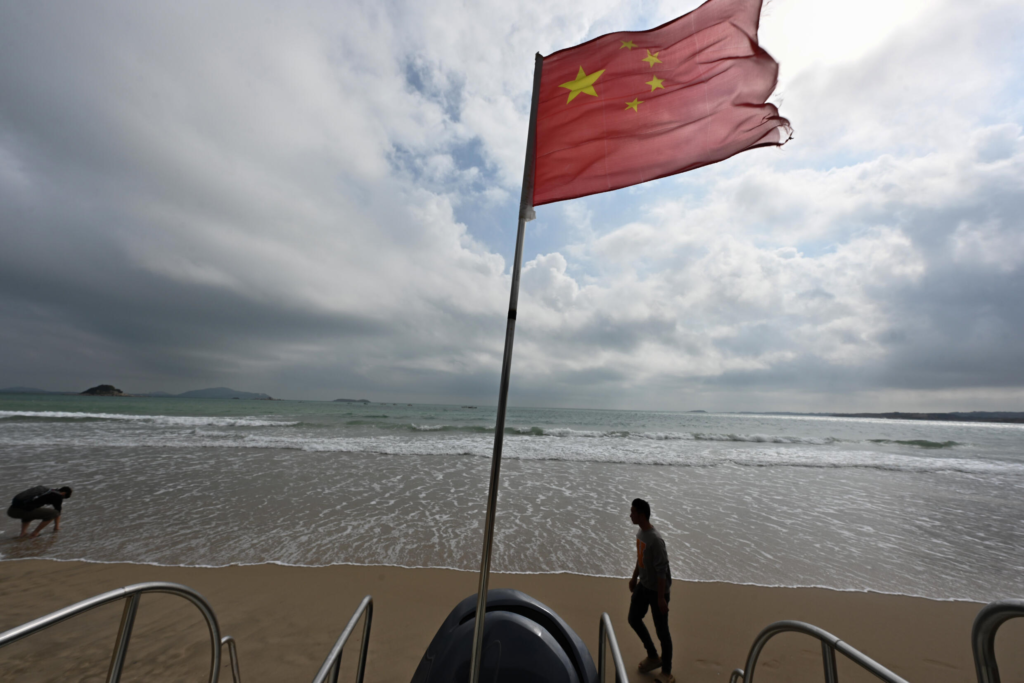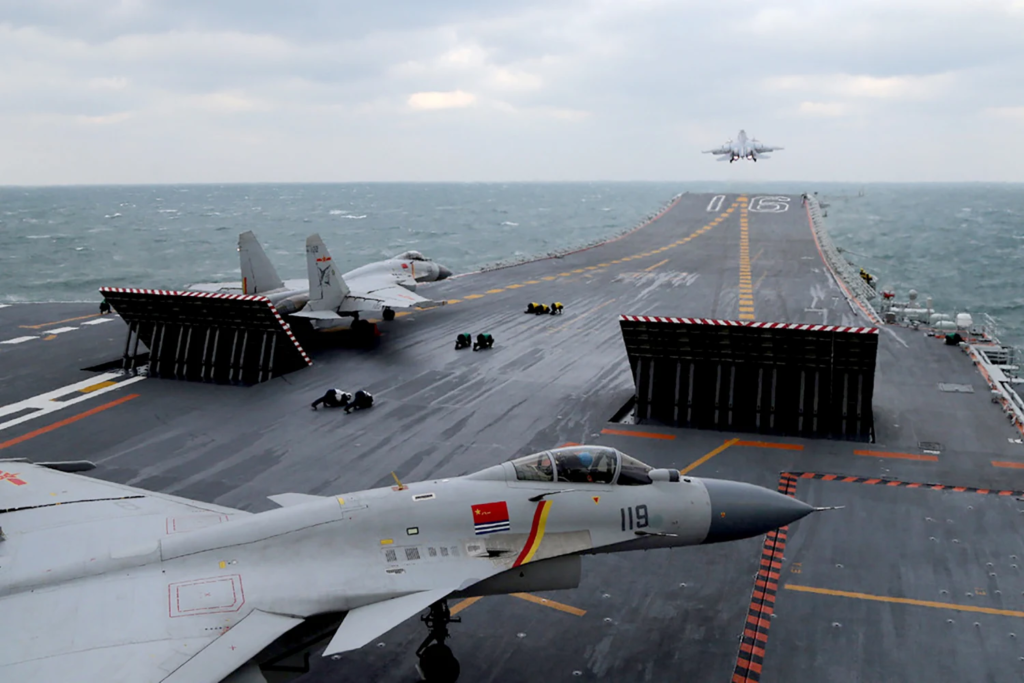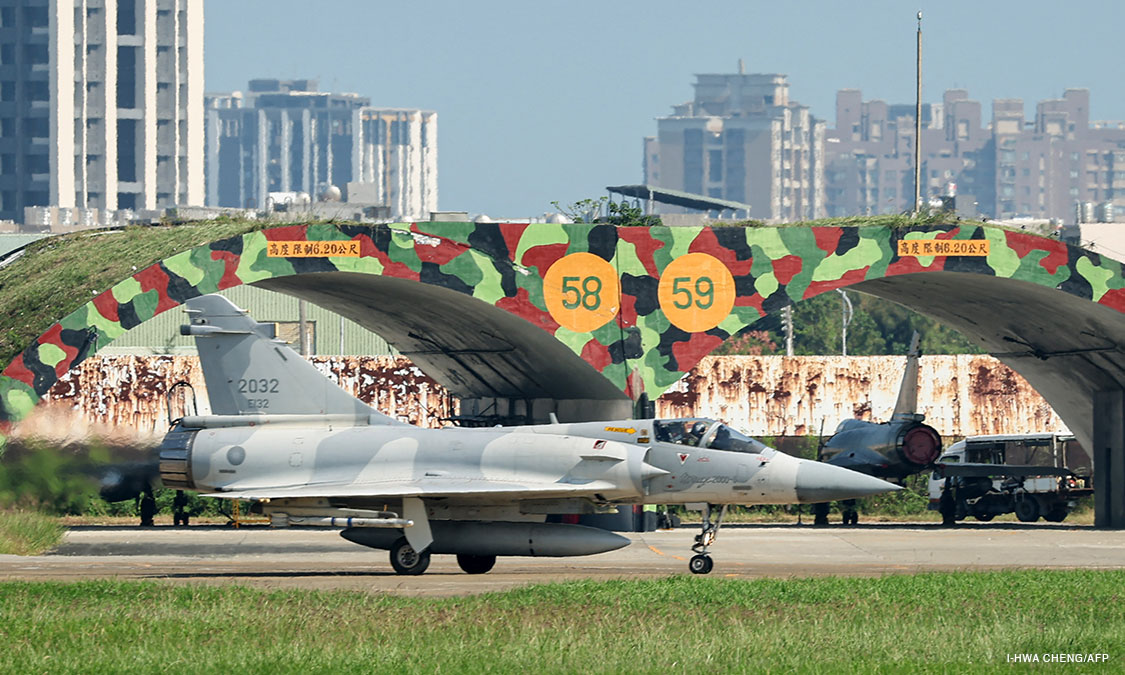In recent years, Taiwan has found itself at the center of escalating tensions in East Asia, as China’s military activities near the self-ruled island have intensified. On Tuesday, Taiwan’s defense ministry reported an alarming increase in Chinese military aircraft incursions, marking a new high in the number of planes detected around the island in just 25 hours.
These incursions followed large-scale military drills conducted by China, further heightening concerns in the region and prompting strong responses from both Taiwan and the international community.
This latest incident highlights the growing tension between Beijing and Taipei, as well as the complex geopolitical landscape surrounding Taiwan’s sovereignty.
China’s Military Drills and Record Aircraft Incursions
Taiwan’s defense ministry reported on Tuesday that a staggering 153 Chinese military aircraft were detected around the island in the span of just 25 hours, setting a new record.
The Chinese aircraft, which included fighter jets, drones, and other military planes, were part of Beijing’s large-scale military exercises held on Monday. This incident marked the fourth round of significant drills by China in just over two years, a clear indication of Beijing’s growing pressure on Taiwan.
Read : Impossible for China to Become Our Motherland: Taiwan President
Of the 153 aircraft detected, 111 crossed the median line of the Taiwan Strait, a sensitive boundary that traditionally separates Taiwan and mainland China.
Read : Biggest Challenge for Taiwan is to Face Powerful Rise of China: President Lai Ching-te
The median line has served as an unofficial buffer zone between the two sides for decades, but in recent years, China has increasingly disregarded it, sending more military aircraft across the line. The number of Chinese navy ships spotted during this period also reached 14, slightly fewer than the 17 observed on Monday.
China’s military exercises, dubbed Joint Sword 2024B, involved a combination of air and sea maneuvers aimed at encircling Taiwan. Fighter jets, warships, drones, and coast guard boats participated in these drills, which China declared to be a “stern warning” to Taiwan’s leadership and its pursuit of independence.

The drills were conducted to the north, south, and east of Taiwan, symbolically surrounding the island. While Beijing insisted the exercises were a necessary response to what it views as Taiwan’s separatist actions, Taipei condemned the drills as “irrational and provocative.”
The record number of aircraft incursions, particularly those crossing the median line, further signals China’s growing willingness to project military power in the Taiwan Strait.
These actions are seen as part of Beijing’s broader strategy to pressure Taiwan into accepting its claims of sovereignty. However, Taiwan remains defiant in the face of this pressure, with its leadership emphasizing the island’s sovereignty and its determination to resist annexation by China.
Regional and International Responses
Taiwan was not alone in responding to China’s military drills. The United States and Japan also voiced their concerns about Beijing’s actions. The U.S. condemned the drills as “unwarranted” and warned that China’s aggressive military activities could risk escalating tensions in the region.
Washington has long supported Taiwan’s right to self-defense and has provided military aid and arms to the island, while also calling for restraint from both sides to prevent a potential conflict in the Taiwan Strait.
Japan, which lies close to Taiwan, was also alarmed by the scale of China’s drills. Tokyo scrambled fighter jets near its southern island of Yonaguni, located just over 100 kilometers from Taiwan, as a precautionary measure. Japan’s government expressed its concerns to China over the drills and closely monitored the situation.
Deputy Chief Cabinet Secretary Kazuhiko Aoki told reporters that the government was “closely monitoring the related activities with great interest” and that Japan had communicated its worries to Chinese authorities.
The growing military pressure on Taiwan has regional implications, particularly for neighboring countries like Japan and the Philippines, as well as for the broader Asia-Pacific region.

The Taiwan Strait is a crucial waterway for global trade, and any military conflict in the area could have significant consequences for international shipping and economic stability. Beijing’s actions also come at a time when Taiwan is increasingly seeking to strengthen its international relationships, particularly with countries that share concerns about China’s rise.
Taiwan’s efforts to bolster its diplomatic and military ties with the United States, Japan, and other allies have not gone unnoticed by China, which views such actions as part of a broader effort to resist its claims over the island. As tensions continue to rise, Taiwan’s leadership remains committed to defending its sovereignty and protecting its democratic institutions.
Historical Context and Taiwan’s Defiance
The long-standing dispute between China and Taiwan traces its roots back to the Chinese civil war in the mid-20th century. In 1949, after Mao Zedong’s communist forces defeated the nationalist forces led by Chiang Kai-shek, the nationalists fled to Taiwan, where they established a separate government.
Since then, China and Taiwan have been governed independently, though Beijing continues to view Taiwan as a breakaway province that must eventually be brought under its control.
For decades, China has not ruled out the use of force to achieve reunification, a stance that has kept the Taiwan Strait as one of the most precarious flashpoints in global geopolitics.
Over the years, Taiwan has developed into a vibrant democracy with its own government, military, and economy, gaining support from nations that advocate for its right to self-determination.
However, Taiwan is not officially recognized as an independent state by the United Nations, and most countries, including the U.S., do not have formal diplomatic relations with the island to avoid provoking China.
Nevertheless, Taiwan has cultivated strong unofficial ties with many nations, including key Western powers like the United States.
Taiwan’s current president, Lai Ching-te, has taken a firmer stance on defending Taiwan’s sovereignty than his predecessor, Tsai Ing-wen. Since taking office in May 2024, Lai has been more vocal in opposing China’s claims over Taiwan and has pledged to “protect democratic Taiwan” from annexation.
In his National Day speech, Lai emphasized that Taiwan and China are “not subordinate to each other” and called for the defense of Taiwan’s sovereignty. Lai’s rhetoric has angered Beijing, which continues to label him a “separatist” and a proponent of Taiwan’s independence.
Despite China’s increasing military pressure, Taiwan remains determined to resist any attempts at forced reunification. Taiwan’s defense ministry has been consistently dispatching forces in response to China’s incursions and placing its outlying islands on heightened alert.
While Taiwan’s military is significantly smaller than China’s, the island has invested heavily in its defense capabilities, particularly with the support of U.S. arms sales.

In late May, China launched the Joint Sword-2024A exercise, which is believed to have been a precursor to the recent Joint Sword-2024B drills. Both exercises reflect Beijing’s ongoing efforts to intimidate Taiwan and demonstrate its ability to encircle the island militarily.
As China’s military capabilities continue to grow, Taiwan will face increasing pressure to defend its sovereignty and secure international support.
The record number of Chinese military aircraft detected around Taiwan during China’s latest drills underscores the growing tension in the Taiwan Strait. As Beijing continues to ramp up its military pressure on the island, Taiwan finds itself in a precarious position, balancing its desire for sovereignty with the reality of China’s growing military power.
The international community, particularly the United States and Japan, has voiced concern over China’s actions, warning that these aggressive maneuvers could lead to further instability in the region.
For now, Taiwan remains steadfast in its resolve to resist annexation and protect its democratic institutions. As China continues to assert its claims over Taiwan through both military and diplomatic means, the island’s leadership will be tested in the years to come.
With the support of its allies and a strong commitment to defending its sovereignty, Taiwan faces an uncertain future, but one in which it is determined to stand firm.

